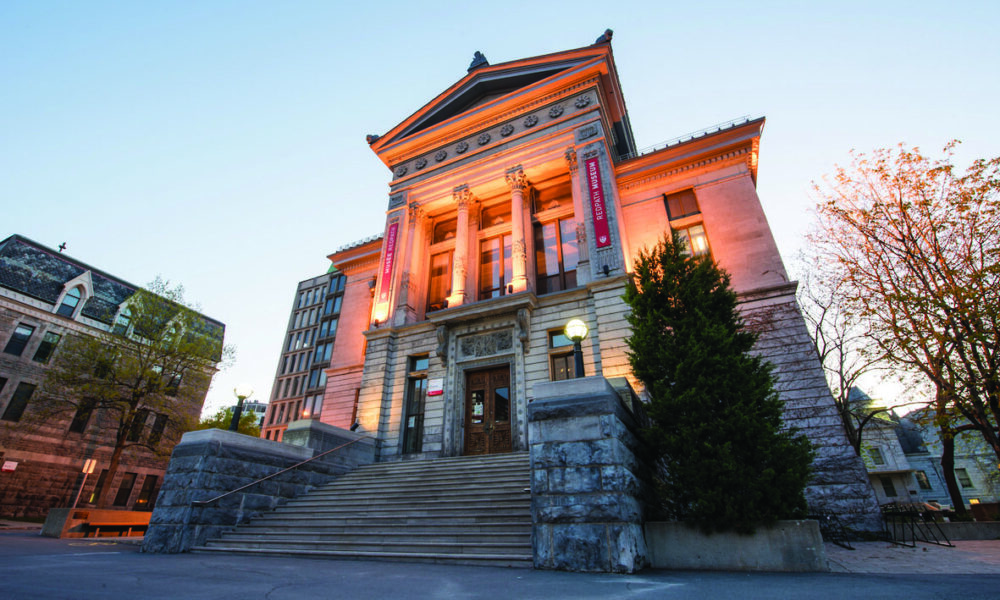Museums: A quintessential aspect of family vacations, school trips, and artsy dates. For centuries, they have offered visitors the chance to explore conceptual, social, scientific and artistic heritages. But museums hold more weight than most realize; they are inherently political and consistently perpetuate racism. Non-Western cultures are frequently misrepresented in exhibitions, and artifacts that were looted through colonial practices remain proudly on display. To create a space where non-Western cultures are respected, museums must be openly accessible, and institutions like McGill must embrace their role in sharing underserved historical narratives..
Although museums often showcase foreign cultures and underrepresented aspects of history in an attempt to make them more widely available, the institutions themselves are all too inaccessible. Due to class and educational disparities, many people, particularly people of colour, lack access to the cultural and historical resources that museums can provide. This inaccessibility perpetuates the mythicization of various cultures and transforms museums into white spaces where people of colour no longer feel welcome, internalizing the concept of othering.
McGill’s Redpath Museum holds 17,000 archaeological and ethnological artifacts. Approximately 2,500 of these objects are from the African continent and are said to have been collected since the beginning of the 20th century, when British imperialism was in full swing. One cannot help but wonder about the origins of their acquisition, and what practices of colonial violence may have taken place in order for them to be present on McGill campus today. Considering the recent debate over whether the display of Egyptian mummies in Western museums is culturally insensitive or not, it is time for McGill to reconsider the presence of these artifacts in the Redpath Museum.
Historically, many countries outside the Western world have had their histories stolen from them. Since formal colonialism came to an end, a widespread practice of concealing its atrocities from the public consciousness has developed, and museums have contributed to this cultural erasure. Further, following the death of Queen Elizabeth II, many aspects of the Crown’s colonial history are being revisited. Calls are growing in South Africa for Britain’s royal family to return the world’s largest known clear-cut diamond, mined by the South African colonial authorities and handed over to the British monarchy in 1905. Many diamonds and other precious gems and artifacts that the French and British Empires looted are displayed in museums as a proud representation of a dark colonial past.
Neocolonialism can be combatted by making history more accessible. Western museums that hold stolen artifacts should be returning them to their countries of origin. Not only will this empower cultures that have suffered and continue to suffer at the hands of colonialism, but it would offer those most affected by colonial erasure to expand on their own personal histories. Further, McGill should be using the spaces dedicated to preserving history to educate students about Canada’s shameful colonial past that is currently being upheld in museums across the country.
Many remain unaware that the majority of the McCord Museum’s collections are owned by McGill and that the museum has a contractual agreement to manage McGill’s Canadian History Collections. It would be a great step forward for McGill to have this museum expand on the aspects of history that students may not be informed about. The institution should be providing students and Montrealers—particularly those who have been impacted by colonialism, such as racialized people—with better access.
It is important that spaces dedicated to preserving history are transparent about all parts of the story, even those that may not be the most comfortable. There are many parts of history that have been concealed, like the fact that James McGill was a slaveholder, and it is high time that this type of historical information be made widely accessible. Universities play a central role in discovering and teaching history, and McGill must take its role more seriously while also disseminating non-white-washed history to all those looking to learn.









